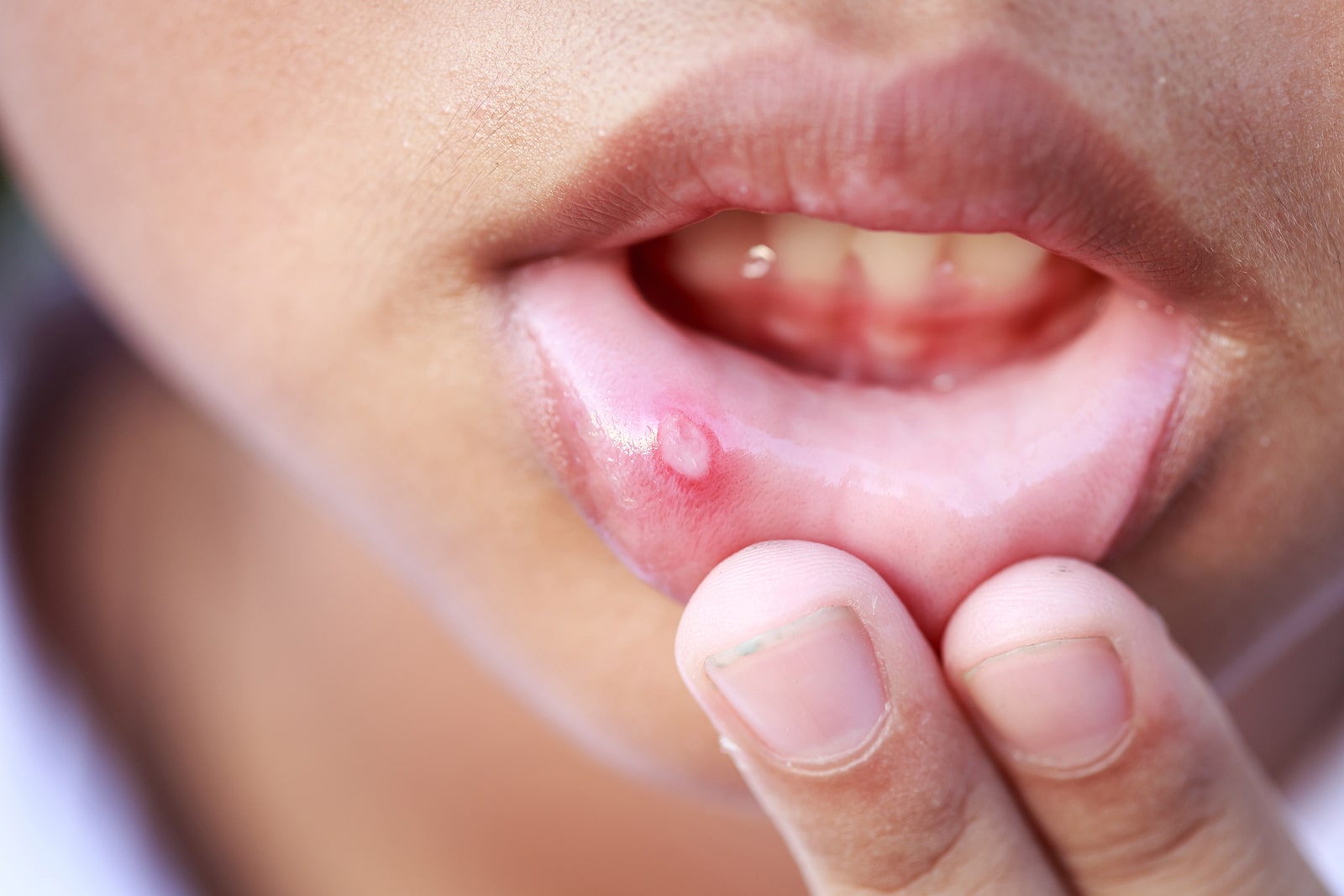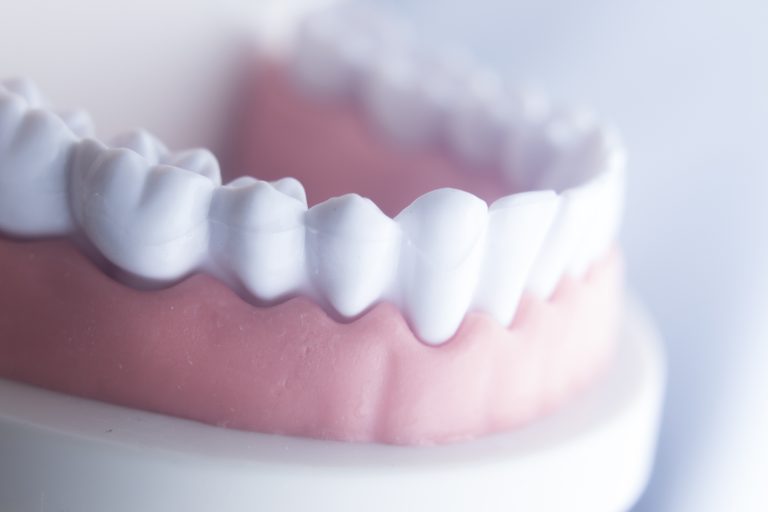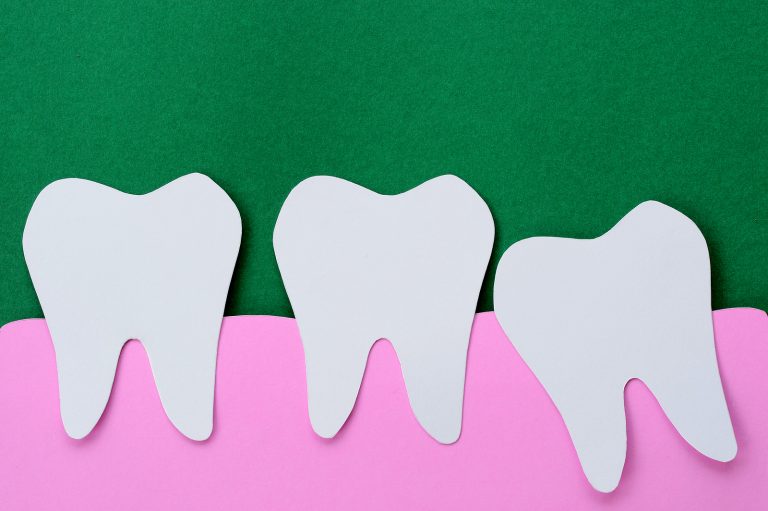Having oral pain and infection is always bad news, but how it should be dealt with depends on what the problem is and what caused it. Alongside that is the essential matter of getting an accurate diagnosis.
This is certainly true if you think you have a dental abscess, cannot get a dental appointment swiftly and want to buy amoxicillin for it. We can provide you with an online assessment to establish if it is indeed an abscess that you have, so that you can be sure you are getting the right medication for it.
Many different causes can lead to toothaches and there are other forms of oral pain related to infections that can cause significant discomfort.
Among these is one type of problem that should not be confused with an abscess, which is a mouth ulcer.
Why Mouth Ulcers And Abscesses Are Not The Same
Mouth ulcers are a common problem for many people. They come in three types: aphthous mouth ulcers, which are small in size, can come in clusters and usually go away in 7-10 days without scarring; major aphthous mouth ulcers, which are larger, usually appear as one or two in number and are much more painful, making eating difficult on occasion.
A third kind is herpetiform mouth ulcers, which are very small in size, but frequently merge. These can be very persistent. Overall, aphthous mouth ulcers account for around 80 per cent of cases and the other two kinds account for around ten per cent.
These can be very painful and unpleasant, but they are not the same as abscesses and should not be confused with them.
Abscesses are usually not visible at the surface, but rather consist of sacs filled with pus deep down in places like the root of the tooth. The one kind of abscess that is a gum problem is a gingival abscess. This type exists in the gum and not around the tooth, but it has characteristics in common with other dental abscesses, but not ulcers.
In particular, like other abscesses, a gingival abscess will have a pocket of pus, something ulcers do not have. Moreover, while an ulcer can increase in size, it does not pose the danger that a gingival abscess can have of spreading to the tooth or getting into the bloodstream and potentially causing life-threatening sepsis.
Differences In Treatment
Anyone with a mouth ulcer won’t need antibiotics like amoxicillin to treat it. Good oral hygiene and the regular application of antiseptic mouthwash and gel will help ease the discomfort and cause it to shrink. Some dentists even recommend washing your mouth out with salt water.
Whereas an abscess exists below the surface, an ulcer is on the surface, often looking like a crater of pale, almost white flesh, while there is red, sore and swollen tissue around it. The whole area can be very sore to the touch.
For this reason, it does help to have a good basic understanding of the difference. If you have had a lot of mouth ulcers in the past, you will probably have little difficulty in noticing if a suspected gingival abscess is something quite different from anything you have had previously. However, if not, you should take note of the key distinctions.
What Abscesses And Ulcers Have In Common
While abscesses and ulcers are different things, it is worth noting that some of the root causes are the same.
Poor oral hygiene and lots of bacteria are responsible for both. Often, an ulcer can arise from something like accidentally biting the inside of your gum while eating and not quickly taking particular care to wash away any bacteria using antiseptic mouthwash in the first 24 hours. Doing this can help prevent an ulcer from arising.
In the case of bacteria that cause tooth decay, a key cause of abscesses, the process takes longer. However, it is still all about good oral hygiene. Just as regular brushing and the use of a mouthwash can help keep your teeth clean and remove the plaque and acid that causes tooth decay (a key underlying cause of abscesses), they also remove bacteria.
This doesn’t mean mouth ulcers should be treated lightly and indeed, if they are very persistent, they may be a sign of something worse going on, for which you should see a dentist as soon as possible.
However, being able to get to a dentist is something that many people struggle to do, especially in NHS ‘dental deserts’. While this is not too terrible in most ulcer cases because they can be self-treated, this is not so with an abscess.
If you have the latter, it is much more serious than a mouth ulcer and if you cannot get it drained fast, you need to contact us quickly to get assessed and get the antibiotics you need.







